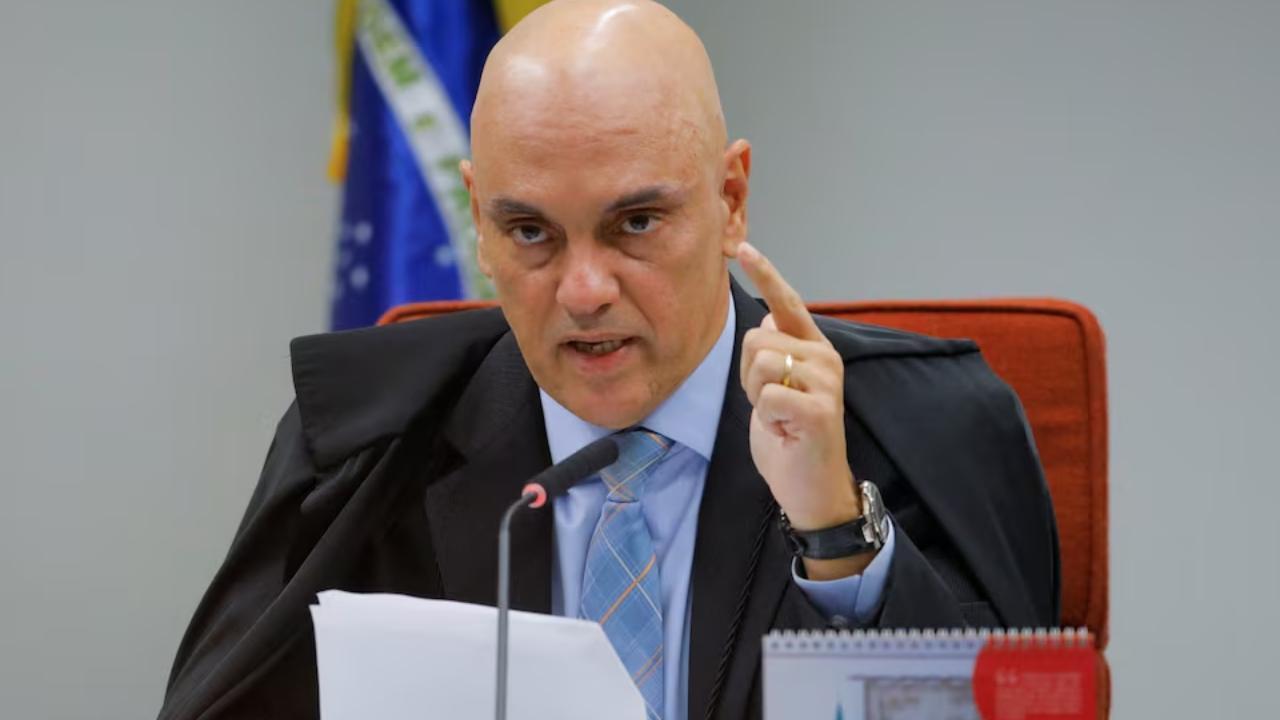
Post by : Monika
Photo:Reuters
On July 30, 2025, the United States government took a rare and serious step by placing sanctions on a top judge from Brazil’s Supreme Court. The judge targeted is Alexandre de Moraes, one of the most powerful figures in Brazil’s legal system. This action came after concerns that he had acted in ways that undermined democratic processes and threatened the independence of Brazil’s courts.
Who Is Alexandre de Moraes?
Alexandre de Moraes serves on Brazil’s Supreme Federal Court, the highest court in the country. He has been involved in many important cases related to politics and corruption. Moraes has often been seen as a strong defender of Brazil’s democracy. But lately, his critics, including some in the United States, say he has overstepped his role by targeting political opponents unfairly and weakening democratic checks and balances.
Why Did the US Impose Sanctions?
The US Treasury Department announced the sanctions, saying Moraes used his power in ways that threatened Brazil’s democracy. They accused him of taking actions that were unfair and political, rather than strictly legal. The sanctions block any American assets Moraes may have and forbid US citizens and companies from doing business with him.
This kind of sanction is unusual because it directly targets a high-ranking judge in a friendly country. It signals serious concern from the US about how Brazil’s judicial system is working.
What Led to This Decision?
Over the past few years, Brazil has faced political tension and division. The country’s government has been split between supporters of former President Jair Bolsonaro and those who oppose him. Moraes has been involved in investigations against Bolsonaro and his allies. He has also taken steps to limit protests and political movements that threaten Brazil’s democratic order.
Supporters of Moraes say he is protecting democracy from dangerous forces. However, critics argue that he is acting like a political player rather than a neutral judge. Some say his decisions have been harsh and politically motivated, undermining trust in the courts.
The US government believes that Moraes’s actions go beyond the proper limits of judicial authority. They worry this could weaken Brazil’s democratic system and encourage more political conflict.
Reactions in Brazil
The news of US sanctions sparked strong reactions across Brazil. Many government officials and supporters of Moraes condemned the sanctions as interference in Brazil’s internal affairs. They argued that the United States should not criticize Brazil’s judiciary or try to influence its legal system.
On the other hand, opposition politicians welcomed the sanctions. They said the US decision confirmed their concerns that Moraes was abusing his power and that Brazil needs judicial reforms to protect democracy.
Brazil’s President Luiz Inácio Lula da Silva called for calm and said the country must respect its institutions while also working to improve them.
The Importance of Judicial Independence
This situation highlights how important the independence of courts is for any democracy. Judges must be fair and impartial, deciding cases based on law rather than politics. When courts are seen as political tools, it damages public trust and can lead to chaos.
The US government’s sanctions are a warning that even powerful judges must respect democratic rules. By imposing these penalties, the US hopes to encourage Brazil to protect its courts from political influence and ensure justice is fair for all.
International Impact
The sanctions also have wider effects beyond Brazil. They send a message to other countries about the need to uphold democratic principles and avoid political interference in the judiciary. The United States is signaling that it will take action if important democratic institutions are threatened, even in allied nations.
Many international experts are watching closely to see how Brazil responds. Some fear that the situation could deepen political divisions or cause tension between Brazil and the United States. Others hope it will lead to positive reforms in Brazil’s legal system.
What Happens Next?
Brazil’s government now faces pressure both at home and from abroad. The sanctions may affect Moraes personally and could also impact Brazil’s relations with the United States.
Observers expect debates in Brazil about how to balance judicial power with political freedoms. Some suggest creating stronger rules to limit judges from taking political actions. Others believe more dialogue is needed between different branches of government to avoid conflict.
For its part, the US is likely to monitor the situation closely. It has not ruled out further actions if Brazil’s democracy faces additional risks.
The US decision to sanction Judge Alexandre de Moraes is a clear sign of concern about the health of Brazil’s democracy and the independence of its courts. This is a rare move that reflects deep worries about political interference in the judicial system.
Brazil faces a challenge in addressing these issues while maintaining stability and respect for its institutions. How the country handles this moment may shape its democratic future for years to come.
This case serves as a reminder that strong and independent courts are essential for fair governance. When those courts are threatened, both domestic and international actors must pay attention.
US sanctions Brazil








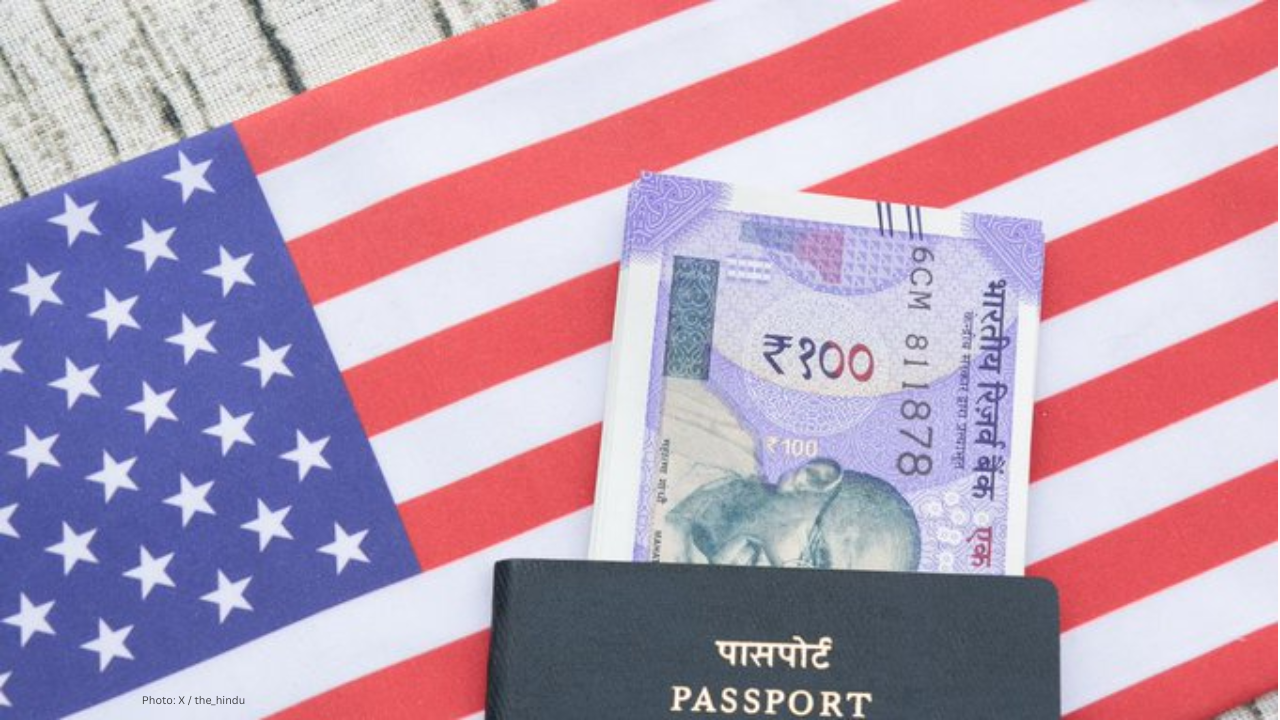

Tabreed and Johnson Controls Partner to Launch Advanced Cooling Tech
Tabreed joins Johnson Controls to improve energy efficiency and eco-friendly district cooling in the

Nissan Develops Advanced Self-Driving Cars for City Streets by 2027
Nissan is testing smart self-driving cars that can handle city traffic, pedestrians, and red lights
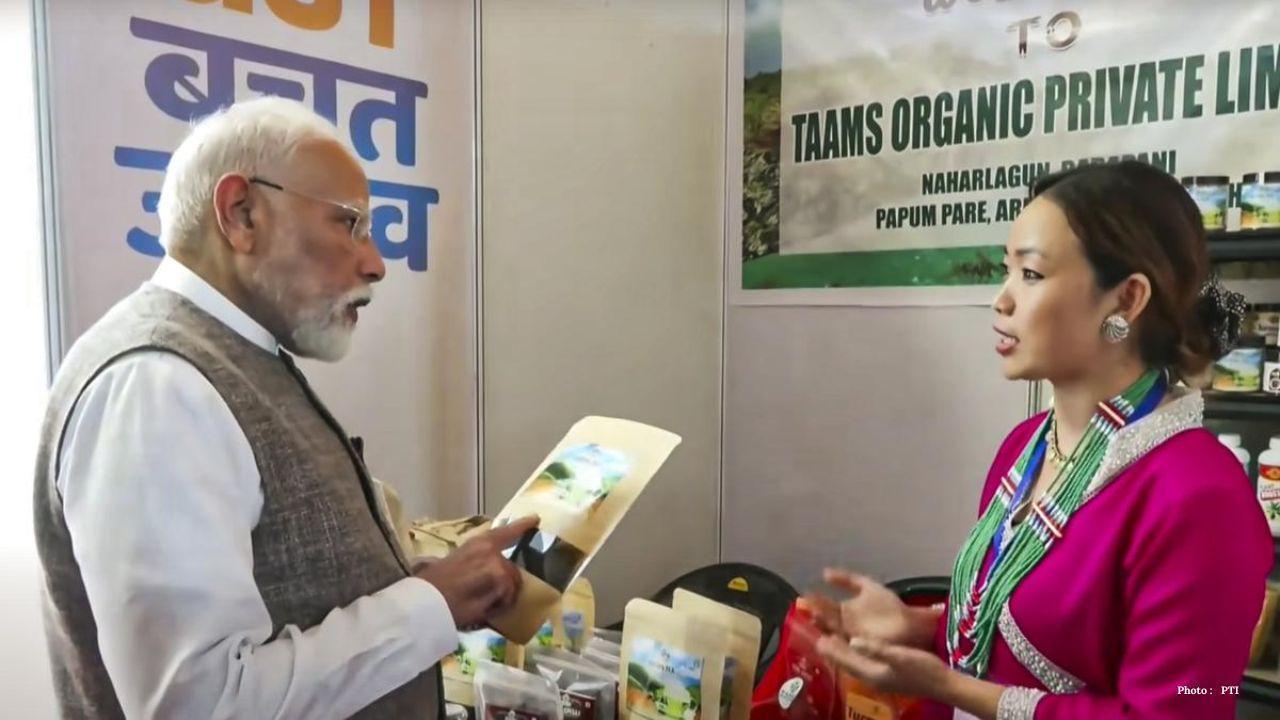
PM Modi Supports Local Entrepreneurs in Arunachal
PM Modi interacts with Arunachal entrepreneurs, reviews local products, and highlights GST reforms a
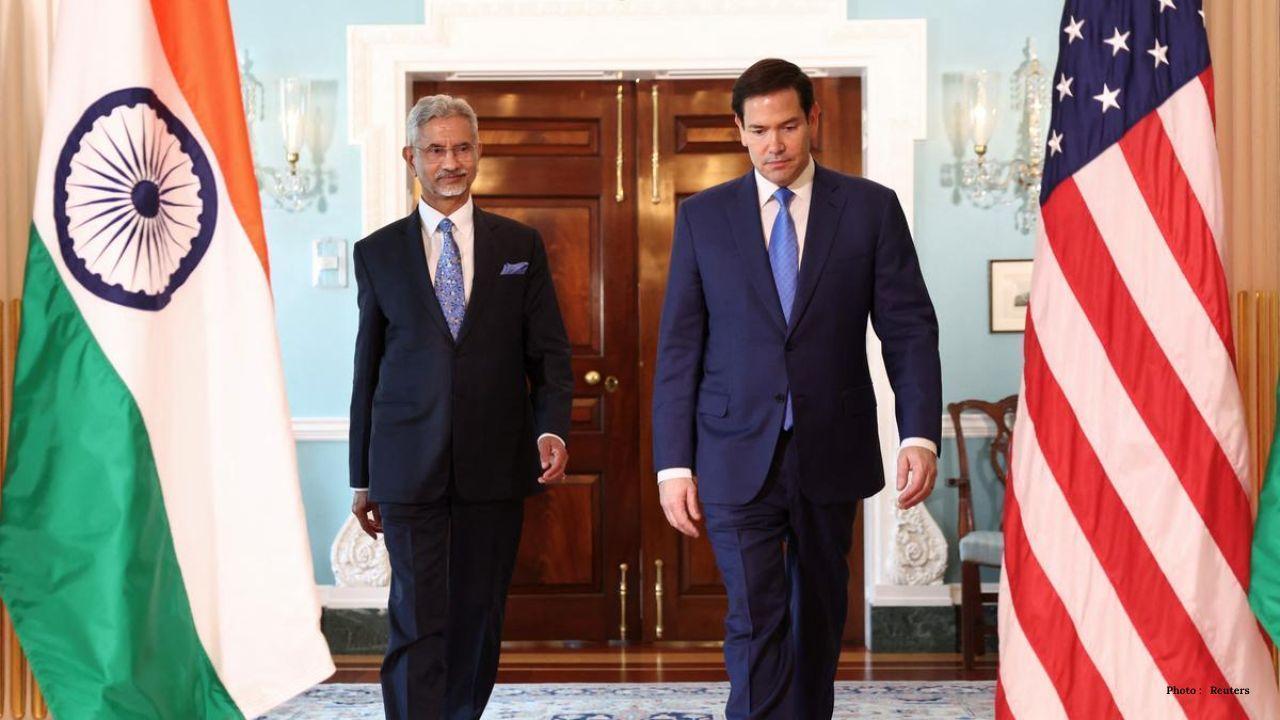
India-U.S. Talks Jaishankar to Meet Rubio During UNGA 2025
India’s External Affairs Minister Jaishankar will meet U.S. Secretary Rubio in New York to discuss t

Abu Dhabi Parks Transform Into Outdoor Learning Hubs
Abu Dhabi parks now serve as open-air classrooms, teaching students about nature, sustainability, an
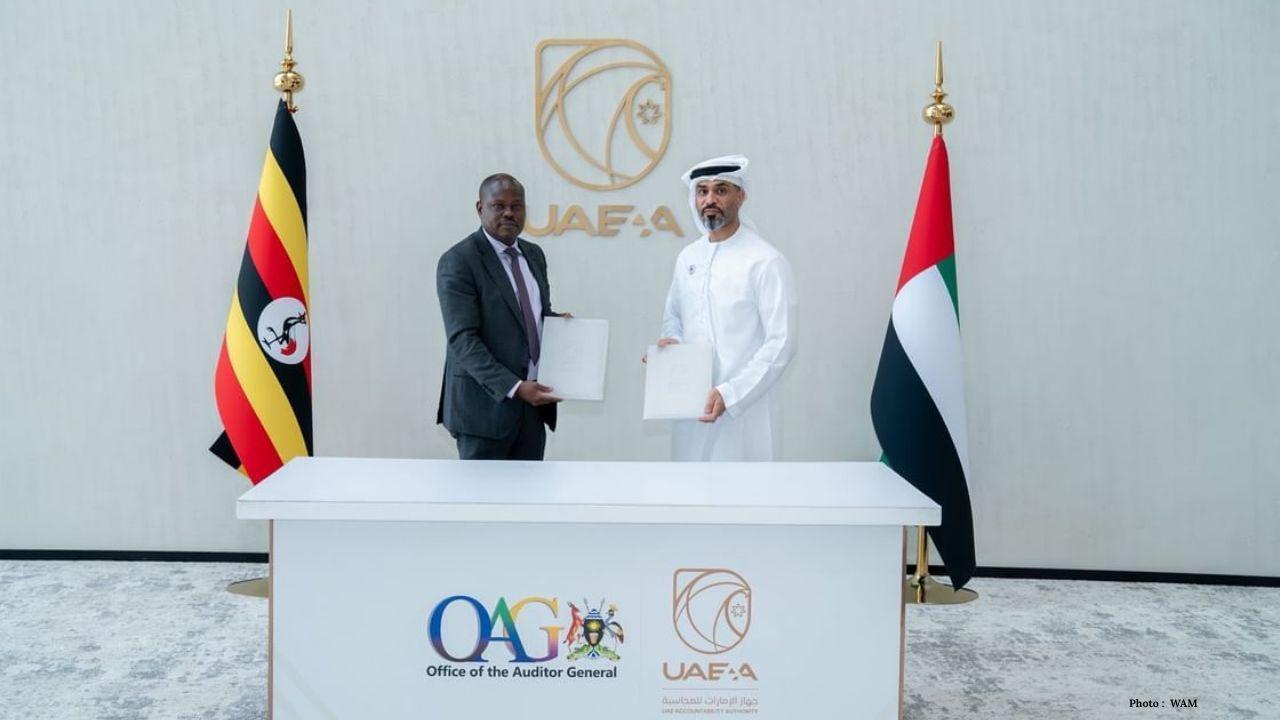
UAE signs audit deals with Seychelles and Uganda to boost oversight
UAE strengthens global audit ties with Seychelles and Uganda to share expertise, enhance transparenc